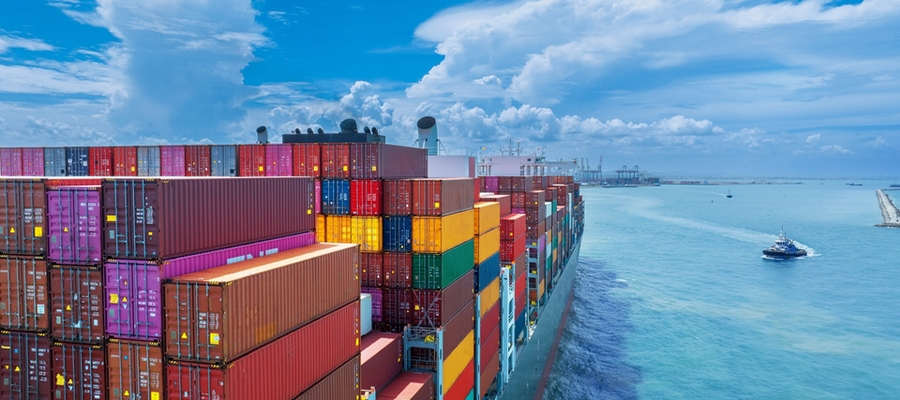The wider picture: all eyes on decarbonisation
Not only is the CII rating here to stay, with commercial shipping ultimately depending on consumer demand worldwide, it is destined to gain in importance. As growing numbers of consumers consider their personal impact on the climate before making purchase decisions and green-minded investors pay attention to environmental, social and governance (ESG) metrics of companies before making investment decisions, carbon-neutral products and pro-environmental behaviour are becoming the new normal.
The carbon neutrality of a product also depends on the carbon footprint of its transport. As a result, the CII rating may not only influence the vessel sale and purchase market, but also develop into a key criterion for cargo owners when they select a vessel as a means of transport.
A good rating should therefore contribute to the overall competitiveness of a ship on the world market. There is a clear business interest in embracing the CII from the beginning and aiming for a good rating.












